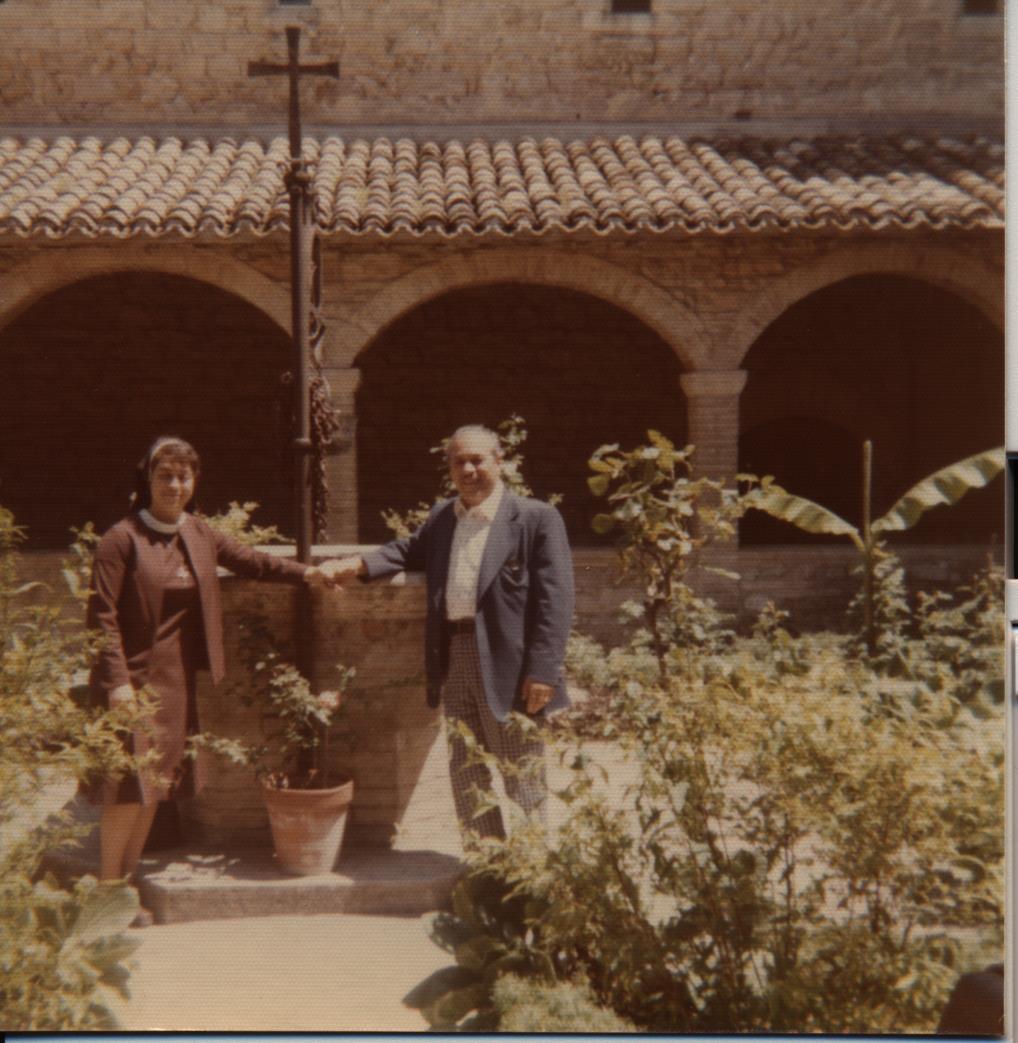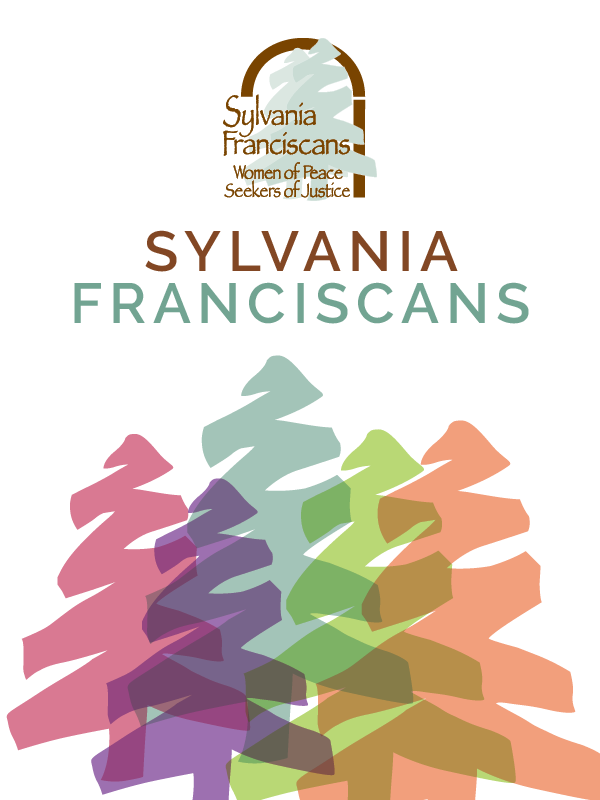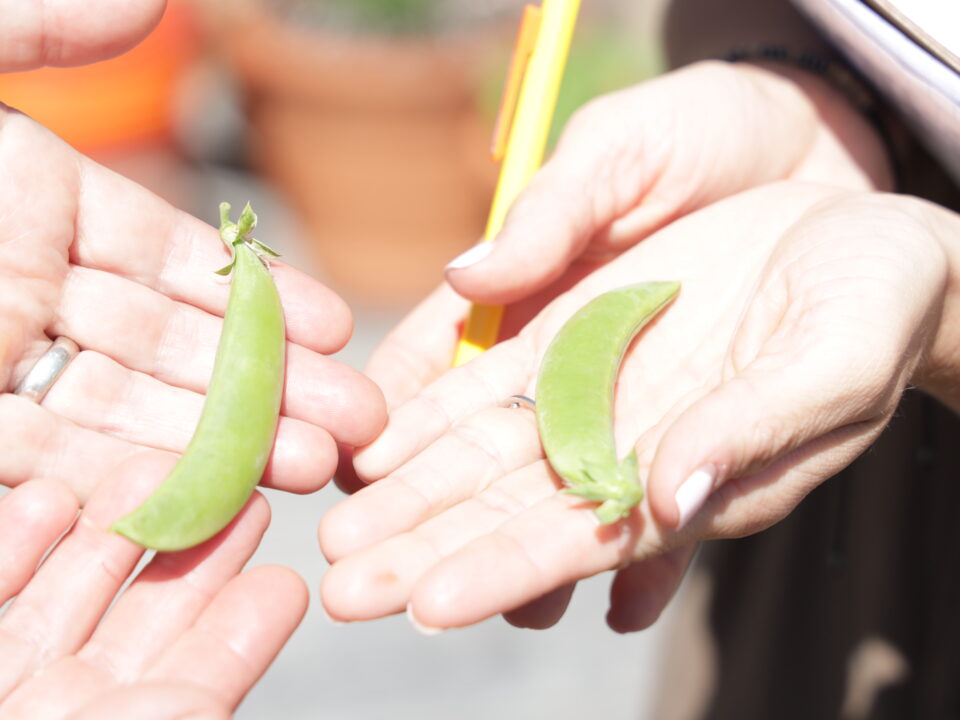
Fond Memories of My Father
May 6, 2016
Beliefs Rooted in the Past
May 20, 2016By Sister Karen Zielinski, OSF
I was not in a good mood, driving home one gray and rainy Sunday afternoon. I flipped on my local PBS station. A Prairie Home Companion was on and host Garrison Keillor was just starting the show. Despite the ugly weather outside, and my frustrated mood, I felt comfortable inside because of his words. His baritone voice and intelligent story-telling skills were soothing.
He spoke of the late Dr. Martin Luther King Jr., and the theme song associated with him, “We Shall Overcome.” Keillor explained that some of the song‘s alternate words were: I will be alright, I am not alone, and God will see us through. The words brought tears to my eyes and comfort to my heart. It said there was going to be a time when this world, with all its pain and suffering, would be a beautiful world. I sang along with him as I drove, and by the end of three verses, I felt calm and at peace.
When I pray or sing, I like simple lyrics and few words. When I repeat a few words in a hymn or melody, I am more spiritually focused– less distracted than if I sang four stanzas of a hymn. The simplicity creates a powerful presence of God in my heart and soul. I like “less is more” when it comes to the songs and hymns I use in my prayer. Sometimes people challenge me about my love of minimal lyrics because I am a writer. I just know that when I let the music and simple words fill me, I am uplifted, like praying with a mantra.
The words “I’ll overcome some day” first appeared in a hymn by C. Albert Tindley and Rev. R. C. Shockley in New Songs of the Gospel (1900) but the song was not the tune we know today. In 1945 the words and tune came together in the song “I’ll Overcome Some Day”, with additional words by Atron Twigg and a revised musical arrangement by Chicago Gospel singer Kenneth Morris. Roberta Martin wrote another version, with the last 12 bars part of the current version of “We Shall Overcome.”
Zilphia Horton, the wife of the founder of Highlander Music School in Monteagle, Tenn. first heard the song in 1945. One story says she heard the song during a CIO Food and Tobacco Workers’ strike in Charleston, S. C. and heard it while in a picket line. Another story says two labor workers came to the music school and sang it for her then. Whatever story is true, she did turn it into a union song.
She taught it to folk singers Pete Seeger, and Frank Hamilton who made it popular. The song was recorded in 1950 by Joe Glazer and the Elm City Four. It was published in 1960 and the four authors (Horton, Hamilton, Carawan and Seeger) donated the royalties to the Freedom Movement. “We Shall Overcome” is no longer just the anthem of the black movement. The repetitive melody and lyrics moved me deeply, especially ones like:
We will be alright, we will be alright,
We will be alright some day;
Oh, deep in my heart, I do believe
We will be alright someday
We are not afraid, we are not afraid,
We are not afraid today;
Oh, deep in my heart, I do believe
We are not afraid today.
These Spartan lyrics gave me hope and comfort—less is more.
Do you pray with music?







